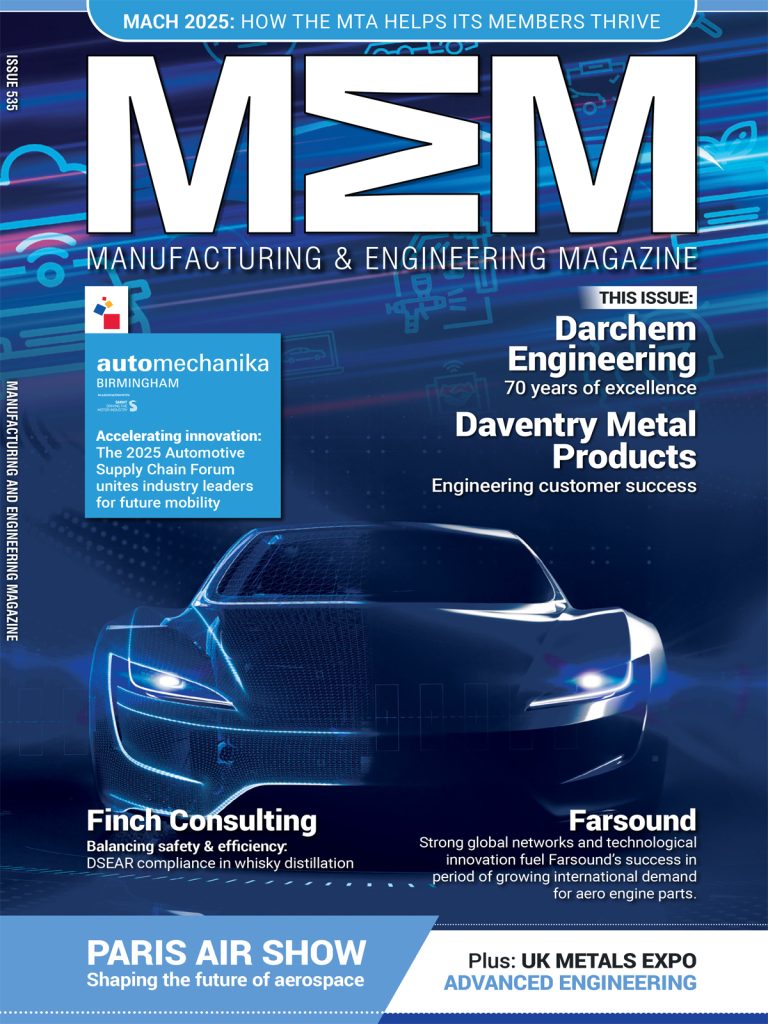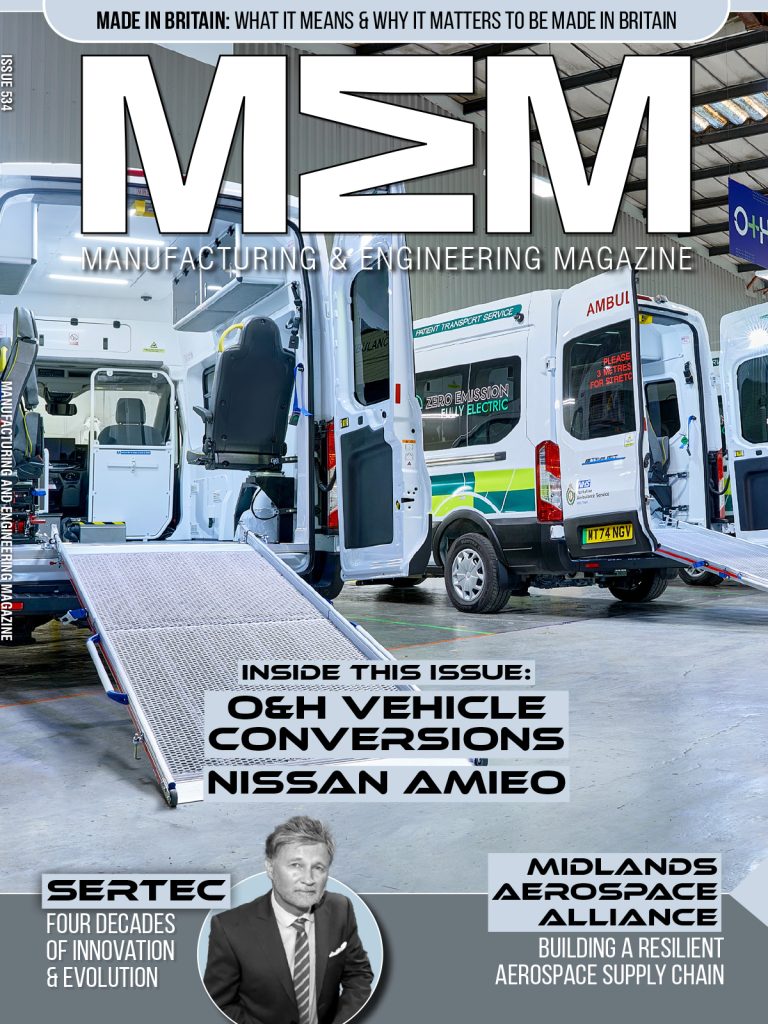After a turbulent 2019, the automotive sector was hoping for a brighter 2020. However, with the coronavirus outbreak halting manufacturing, breaking supply chains and decreasing demand, is the future as bleak as it sounds?
Coronavirus and manufacturing – what’s happened so far
On 31 December 2019, the World Health Organisation was alerted to a previously-unknown virus causing a number of pneumonia cases in Wuhan, China. Since then, Covid-19 has spread across the world, hitting 80 different nations and infecting more than 90,000 people.
In addition to health and travel concerns, coronavirus has potentially serious implications for the UK economy, particularly for the automotive sector. Last year, the industry suffered the worst period of decline since 2001 and the coronavirus certainly isn’t going to help matters.
China, who makes up a third of world manufacturing, saw factory activity drop a record 29% in February. Travel restrictions and mass quarantines are preventing a third of its 300 million migrant workforce from working – delaying the production of automotive parts and components.
China isn’t alone in its reduced manufacturing output either. Car production lines in South Korea and Japan have been halted or hampered, and even UK-based manufacturers are preparing for one-fifth of workers to be absent during the outbreak’s peak.
This effect of coronavirus on manufacturing across the world has severe consequences for the automotive sector. In particular, we’re seeing implications for:
Production
With UK car manufacturers reliant on lean manufacturing methods, big names such as Jaguar Land Rover and Aston Martin are running out of parts. They have warned that should normality not resume soon, they will run out of parts within a matter of weeks, leading to short-time working, production shutdown and an inability to meet demand. Global automotive names including Volkswagen, Fiat Chrysler, Toyota, Hyundai, Volvo and Peugeot have expressed similar concerns.
It’s not just car manufacturers that are issuing warnings either. Scotland-based AGM batteries has said that the impact of coronavirus on supply chains could seriously hamper the UK’s electric car strategy. Meanwhile, the outbreak could also affect other automotive components, such as the supply of budget Chinese tyres.
Demand
The impact of coronavirus on the automotive sector isn’t limited to manufacturing and production. It appears that the virus is hindering consumer spending, with car sales in China alone falling by 92%. Industry events such as the Geneva Motor Show are also being cancelled, giving the sector less opportunity to alleviate consumer concerns and drive customer demand.
Investment
Uncertainty curbs investment and the automotive sector certainly knows this following the decline in funding after Brexit. The coronavirus could have a similar effect, with some experts concerned about a potential stock market crash, especially if the outbreak causes a Chinese recession.
Coronavirus and manufacturing – what to expect next
The next few weeks are crucial for the manufacturing and automotive sectors. If governments manage to control the virus quickly, a swift recovery is predicted. However, should the outbreak continue beyond March we could see car manufacturers struggle to obtain parts and maintain production lines throughout the rest of the year.
While we wait to see what happens, car manufacturers should be taking advantage of:
- Secondary sourcing agreements with manufacturers who aren’t impacted by the outbreak, especially local suppliers.
- Alternative revenues, such as R&D tax credits that can reduce the impact of lost revenue by recovering money spent on research and development.
Currently, the peak of disruption is expected in mid-March, following which it’s hoped that China will begin to recover. Last week, we saw automakers in the country restart production – a huge relief for all.
Keep up-to-date on the latest developments on the MPA blog.
MPA is an innovation funding specialist that uses expertise, experience and knowledge to partner with innovative and support them with funding through government incentives such as R&D tax credits and Patent Box. They’ve worked with over 2,000 businesses and saved over £210 million in funding to date. For more information, visit mpa.co.uk.











